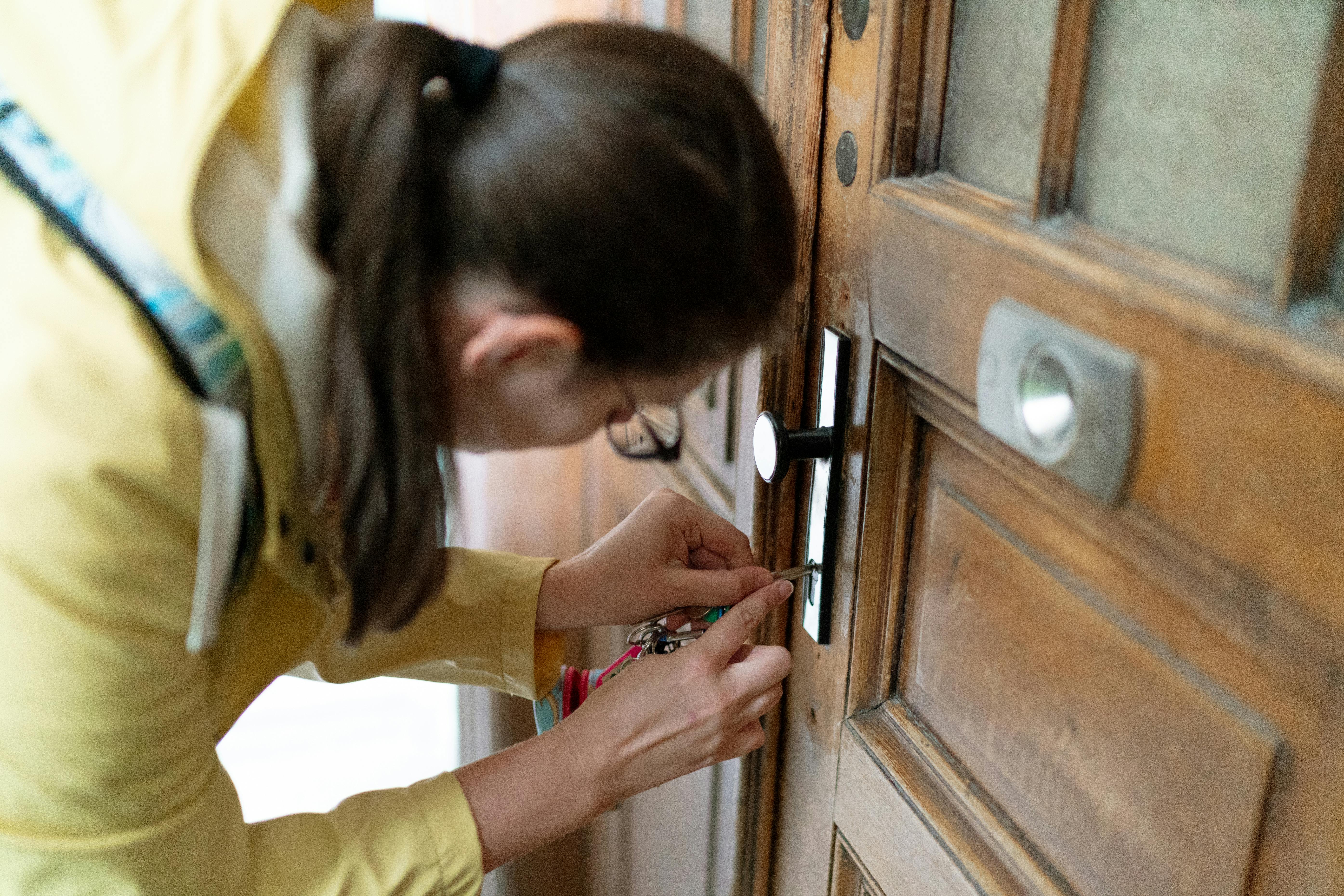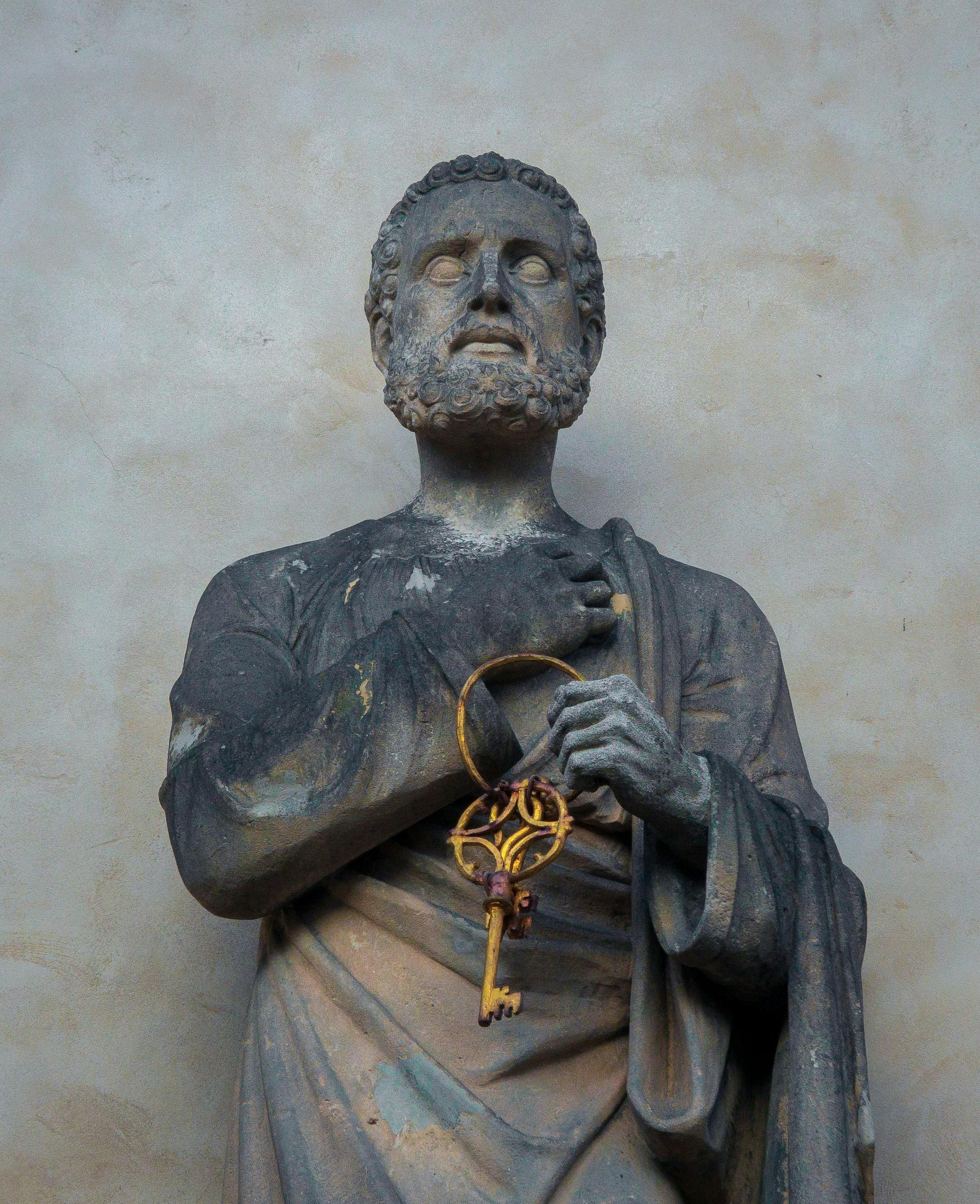Mikel Arteta's Five Key Arsenal Changes for Slavia Prague
TL;DR (Quick Answer)
Mikel Arteta is set to make key changes to his Arsenal squad for the Slavia Prague match, focusing on rotation, managing injuries, and maintaining their Champions League record. Expect fresh faces and tactical shifts to keep the team competitive and in peak condition.
Introduction
Ever wondered what goes on behind the scenes when a top football manager like Mikel Arteta gears up for a crucial match? It's not just about picking the best eleven players; it's a strategic chess game involving fitness, tactics, and the bigger picture. Today, we're diving deep into the fascinating world of Arsenal's preparations for their clash against Slavia Prague, specifically looking at the five key changes Arteta is planning. This isn't just about winning one game; it's about navigating a demanding season, managing player welfare, and chasing down an impressive Champions League record. So, grab a cuppa, and let's explore how the Gunners are getting ready!

What is Squad Rotation in Football?
If you're new to the beautiful game or just scratching your head about why a manager would change a winning team, let's break down 'squad rotation.' Imagine you have a fantastic car, but you drive it every single day, pushing it to its limits. Eventually, parts will wear out, right? The same applies to footballers. Squad rotation is essentially a manager's way of strategically resting key players, giving others an opportunity to shine, and ensuring the entire squad stays fit and sharp throughout a long season. It’s a delicate balancing act – keeping the team strong enough to win while preventing burnout and injuries.
Think of it like a carefully orchestrated dance. Some players might play two games, then sit out one. Others might come on as substitutes to gain match fitness. It's all about managing energy levels, keeping everyone motivated, and adapting to different opponents and competitions. When you have a packed schedule, like Arsenal often does, with league games, cup competitions, and European fixtures, rotation becomes not just a luxury but an absolute necessity. It allows the team to maintain a high level of performance without exhausting the same set of players repeatedly.
Why is Squad Rotation Important for Arsenal?
For a club like Arsenal, with ambitions of competing at the very top, squad rotation isn't just a good idea; it's vital for several compelling reasons. Firstly, and perhaps most obviously, it's about injury prevention. Modern football is incredibly demanding, both physically and mentally. Players are pushing their bodies to the limit in every match and training session. Without proper rest and rotation, the risk of muscle strains, ligament damage, and long-term injuries skyrockets. A full-strength squad is a manager's greatest asset, and rotation helps keep it that way.
Secondly, rotation keeps the entire squad engaged and motivated. Imagine being a talented player, training hard every day, but never getting a chance to play. It would be incredibly frustrating, wouldn't it? By rotating the squad, Arteta ensures that more players get game time, feel valued, and are ready to step up when called upon. This fosters a healthy competitive environment and team spirit, where everyone feels they have a role to play in the team's success. It’s about building depth and creating a resilient group where the absence of one player doesn't derail the whole operation.
Thirdly, it's about adapting to different tactical challenges. Not every opponent requires the same approach. Sometimes, a manager might need a player with different attributes – perhaps more defensive solidity, greater pace on the wing, or a more creative spark in midfield. Rotation allows Arteta to tailor his lineup to specific match situations, exploiting weaknesses in the opposition and shoring up his own team's vulnerabilities. It's a strategic tool that gives the team flexibility and unpredictability, making them harder to play against.
Finally, let's not forget the long-term vision. A successful season isn't just about winning the next game; it's about sustained performance across multiple competitions. By intelligently rotating his squad, Arteta can ensure his players are fresh and firing when it matters most – during the crucial run-in of the season, when trophies are decided. It's a marathon, not a sprint, and rotation is the manager's way of pacing his team for success over the entire distance.
Step-by-Step Guide: Mikel Arteta's Five Key Changes
So, what exactly are these five changes Arteta is reportedly planning for the Slavia Prague match? Let's break them down, understanding the 'why' behind each decision.
1. Goalkeeper Rotation: A Nod to Experience or Form?
Historically, managers often stick with their number one goalkeeper, but there are times when a change between the sticks makes sense. For Arsenal, this could mean considering options like Runar Alex Runarsson or Karl Hein if Aaron Ramsdale needs a rest or if Arteta wants to give another keeper some vital match experience. Sometimes, a different goalkeeper can offer a different skill set – perhaps better distribution or a stronger presence in the air. For this particular match, given the importance, it's more likely to be a strategic call on form or workload. Is the current starting keeper showing any signs of fatigue or a dip in confidence? Or does Arteta want to give a more experienced backup some game time against a potentially tricky opponent? These are the questions a manager weighs up. The key is finding a balance between stability and giving other goalkeepers the chance to prove themselves, especially in a competition where rotation is common.
2. Defensive Reinforcements: Fresh Legs for the Backline
The defense is the bedrock of any successful team, and it's an area where fatigue can be particularly costly. Arteta might look to bring in fresh legs at the back. This could involve rotating center-backs, full-backs, or even the defensive midfielder who shields the defense. Think about players like Rob Holding, who can slot in at center-back, or Cedric Soares, who provides cover at full-back. Changing up the defense can offer several benefits: it can inject pace, provide a different aerial threat, or simply give tired legs a much-needed break. A solid defensive display against Slavia Prague will be crucial, and ensuring the backline is energetic and focused is paramount. This might also be an opportunity to try out different defensive partnerships, building chemistry and offering versatility for future matches. Imagine if a key defender has played every minute of the last five games – bringing in a fresh player could be the difference between a clean sheet and a costly error.
3. Midfield Maestro Mixer: Balancing Creativity and Control
The midfield is often called the engine room of the team, and it’s where games are won and lost. Arteta has several options in this area and might look to rotate his central midfielders. This could mean bringing in players like Mohamed Elneny for his defensive solidity, or perhaps giving a younger, more dynamic midfielder like Albert Sambi Lokonga a chance to dictate play. The goal here is to find the right balance between winning possession, distributing the ball, and providing creative impetus. Some games require more defensive steel, while others demand more attacking flair. Arteta will assess Slavia Prague's midfield and choose players who can best nullify their strengths and exploit their weaknesses. Furthermore, the sheer volume of running and tackling required in central midfield makes it a prime area for rotation. Keeping the midfielders fresh ensures they can maintain high energy levels throughout the match, disrupting opposition attacks and launching their own.
4. Attacking Options: Injecting Pace and Clinical Finishing
Goals win games, and Arteta will be keen to ensure his attacking players are sharp and clinical. This is another area ripe for rotation, especially with the demanding schedule. We could see changes in the wide attacking positions or even up front. Perhaps a player like Gabriel Martinelli, known for his blistering pace, could start to stretch the opposition defense, or Eddie Nketiah might get a run-out as the central striker. The aim is to keep the opposition guessing and to ensure there's always a threat from Arsenal's forward line. Different attackers offer different strengths – some are prolific goal-scorers, others excel at creating chances for teammates. Arteta will be looking for players who can unlock the Slavia Prague defense and provide the cutting edge needed to secure a victory. Moreover, giving regular starters a breather ensures they are fresh for bigger games, while giving opportunities to squad players boosts their confidence and integrates them further into the team's attacking philosophy.
5. Tactical Tweaks: Adapting to the Opponent
Beyond individual player changes, Arteta will almost certainly implement some tactical adjustments specifically for Slavia Prague. This isn't just about personnel; it's about the team's overall shape, pressing intensity, and how they transition between defense and attack. For example, if Slavia Prague is known for their strong central midfield, Arteta might opt for an extra midfielder to gain numerical superiority. If they are vulnerable to pace on the wings, he might deploy quicker wide players and encourage more direct play. These tactical tweaks are about exploiting the opposition's weaknesses and nullifying their strengths. It's a detailed game plan designed to give Arsenal every possible advantage on the day. This could involve changing formations, adjusting defensive lines, or instructing players to focus on specific areas of the pitch. Every opponent presents a unique challenge, and a good manager like Arteta will always adapt his strategy accordingly.

Common Mistakes / Misconceptions in Squad Rotation
While squad rotation is a crucial tool for any manager, it's not without its pitfalls. There are common mistakes and misconceptions that can undermine its effectiveness.
- Mistake 1: Over-Rotation Leading to Lack of Cohesion: One of the biggest traps managers can fall into is changing too many players at once. While the aim is to keep players fresh, a completely new lineup can often lead to a lack of understanding and cohesion on the pitch. Players might not be used to each other's movements, leading to miscommunications, misplaced passes, and defensive errors. Finding the right balance – making a few strategic changes without completely disrupting the team's rhythm – is key. It's like changing too many ingredients in a recipe; you risk losing the original flavor entirely.
- Mistake 2: Underestimating the Opponent: Sometimes, managers might rotate too heavily against an opponent they perceive as weaker. This can be a dangerous game. Even so-called 'smaller' teams can cause upsets, especially if the rotated team lacks experience or chemistry. Every match in professional football is a challenge, and treating any opponent lightly, regardless of their league position, can lead to embarrassing and costly defeats. It's important to respect every team and ensure the rotated squad is still strong enough to secure a victory.
- Mistake 3: Poor Communication to Players: If players don't understand why they're being rotated, it can lead to frustration and a dip in morale. A player might feel they're being dropped unfairly, rather than rested strategically. Managers need to have open and honest conversations with their squad, explaining the rationale behind rotation decisions. This builds trust and ensures players remain motivated, whether they're starting, on the bench, or rested for the next game.
- Mistake 4: Failing to Consider Player Psychology: Footballers are competitive individuals who want to play every minute of every game. Being rotated, even for good reasons, can sometimes affect their confidence or make them feel less important. A smart manager understands the psychological impact of rotation and manages it carefully, ensuring players still feel valued and integral to the team's success. This might involve praising their contributions in other games, highlighting their importance in training, or setting specific targets for them when they do play.
- Mistake 5: Not Prioritizing Key Competitions: In an ideal world, a team would be able to win every game in every competition. In reality, managers often have to make tough decisions about which competitions to prioritize. Rotating players heavily in a key league game to keep them fresh for a cup match, or vice versa, can backfire if the prioritized competition doesn't go to plan. It's about having a clear strategy for the entire season and making rotation decisions that align with those overarching goals.
Benefits of Strategic Squad Rotation
When done correctly, strategic squad rotation offers a multitude of benefits that extend beyond just preventing injuries. It's a cornerstone of long-term success in modern football.
- Benefit 1: Injury Prevention and Player Longevity: This is perhaps the most obvious and critical benefit. By giving players adequate rest, managers significantly reduce the risk of muscle fatigue, strains, and more serious injuries. This isn't just about missing a game; it's about protecting players' careers and ensuring they can perform at their peak for longer. A fit squad is a successful squad, and rotation is a primary tool for maintaining that fitness. It allows key players to recover fully, both physically and mentally, from the demands of intense matches and training schedules.
- Benefit 2: Increased Squad Depth and Competition: When players know they'll get opportunities to play, it naturally increases competition for places. This pushes everyone to perform at their best, both in training and during matches. It also builds genuine squad depth, meaning that if a key player does get injured or needs a rest, there's a capable replacement ready and eager to step in without a significant drop-off in quality. This creates a stronger, more resilient team that isn't overly reliant on just a few star players.
- Benefit 3: Tactical Flexibility and Adaptability: Different players bring different skill sets. By rotating the squad, a manager gains greater tactical flexibility. They can adapt their lineup and formation to counter specific opponents, exploit weaknesses, or simply change the game's dynamic. Need more defensive solidity? Bring in a holding midfielder. Need more pace on the counter? Bring in a speedy winger. This adaptability makes the team harder to predict and more challenging to play against, keeping opponents on their toes.
- Benefit 4: Boosted Morale and Team Cohesion: When more players feel involved and get game time, it boosts overall squad morale. Players feel valued, important, and a part of the team's success. This fosters a positive team spirit and stronger cohesion, as everyone feels invested in the collective goal. A happy, motivated squad is often a high-performing squad, and intelligent rotation contributes significantly to this environment.
- Benefit 5: Sustained Performance Across Multiple Competitions: Top clubs often compete in several competitions simultaneously – domestic league, domestic cups, and European tournaments. Maintaining high performance levels across all these fronts is incredibly challenging without rotation. Strategic changes allow the team to remain competitive in all competitions, ensuring players are fresh and focused for the crucial games at the business end of the season when silverware is decided. It's about managing resources effectively to achieve success on multiple fronts.
FAQs
1. Why is the Slavia Prague match particularly important for Arsenal's Champions League record?
The Slavia Prague match is crucial because Arsenal is currently chasing an impressive Champions League record. Maintaining a strong performance, especially with strategic squad management, helps them achieve their goals in the competition, building momentum and a solid foundation for further progress.
2. How do injuries impact Arteta's rotation strategy?
Injuries significantly influence Arteta's rotation strategy by forcing him to adapt. If key players are out, he might have fewer options, leading to less rotation or the need to give younger players more opportunities. Conversely, returning players might be eased back into the team through rotation to manage their fitness.
3. What role does player fatigue play in Arteta's decisions?
Player fatigue is a primary factor in Arteta's rotation decisions. A packed schedule means players accumulate physical and mental tiredness. Rotating allows them to recover, reducing injury risk and ensuring peak performance for crucial matches, preventing burnout over a long season.
4. Will these changes affect Arsenal's overall style of play?
While player changes will inevitably lead to subtle shifts, Arteta aims for a consistent style of play. The tactical tweaks are designed to maintain Arsenal's core identity while adapting to specific opponents and player availability, ensuring the team remains effective and true to its philosophy.
5. How does Arteta balance resting players with maintaining team rhythm?
Balancing rest and rhythm is one of Arteta's biggest challenges. He typically makes a few changes at a time rather than a wholesale overhaul, ensuring a core group of players maintains continuity. This allows fresh legs to come in without completely disrupting the team's established understanding and flow.
Conclusion
So there you have it – a deep dive into the strategic mind of Mikel Arteta as he prepares Arsenal for their encounter with Slavia Prague. This isn't just about picking a team; it's a meticulously planned operation involving player welfare, tactical nous, and a clear vision for the club's success, particularly in their pursuit of an impressive Champions League record. The five key changes discussed highlight the complexities of managing a top-tier football club, where every decision has ripple effects across the season.
From strategic goalkeeper rotation to reinforcing the defense, shaking up the midfield, and injecting fresh attacking impetus, Arteta's approach is all about finding that delicate balance. It's about keeping players fresh, motivated, and tactically aligned to overcome any opponent while safeguarding their long-term health and performance. The game against Slavia Prague is more than just 90 minutes; it's another chapter in Arsenal's journey, influenced by intelligent planning and a commitment to excellence.
What are your thoughts on Arteta's predicted changes? Do you agree with his approach to squad rotation and managing injuries? We'd love to hear your take! Join the conversation and share your predictions for the Slavia Prague match in the comments below, or connect with us on social media to discuss all things Arsenal!













Post a Comment
0 Comments